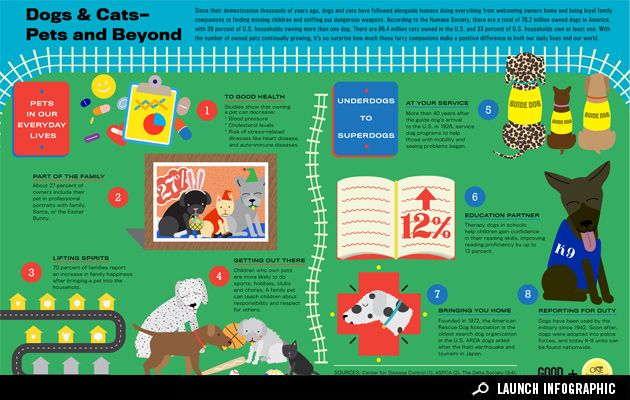What You Need To Know About Dog Daycare For Special Needs Dogs
What You Need To Know About Dog Daycare For Special Needs Dogs
Blog Article
Can Dog Day Care Cause Ailment?
Pet dogs in daycare obtain lots of exercise, socializing with various other canines and distinct experiences. This can be particularly handy for pups and canines with behavior problems.
There are several legal considerations you require to think about when starting a doggy day care company. These consist of the framework of your organization and conformity with federal government laws.
1. Pooch Distemper
Canine distemper is spread out via straight contact with the physical liquids and waste of a contaminated dog, but it can also be transmitted through shared water and food bowls or through airborne droplets. This extremely infectious disease is most harmful for young puppies, however it can affect canines of any type of age and is deadly for a lot of if left unattended.
First signs and symptoms of canine distemper usually mimic a common cold, including dripping eyes and nose with watery or pus-like discharge. As the disease proceeds, a dog will certainly create high temperature, coughing, minimized hunger, vomiting and diarrhea. The virus can also strike the nerves, causing seizures, shivering and partial or full paralysis.
Trustworthy childcares minimize exposure to infection by requiring vaccinations, regular health examinations and adhere to rigorous health procedures. If your pup seems extremely worn out or limping, a day of rest may aid him recoup, however you must prevent taking him back to daycare until these symptoms clear up.
2. Kennel Coughing
Kennel coughing, likewise known as infectious canine tracheobronchitis or Bordetella, is a highly contagious viral or microbial condition that impacts the breathing tract. It's commonly moved via the exchange of saliva or air beads that an ill dog breathes out. Social pet dogs go to higher risk for infection as a result of their regular interaction with one another, such as when they play, share food or water, sniff each other or just fulfill in a congested atmosphere like a canine park or day care.
The most usual sign of kennel cough is a relentless and powerful cough that sounds like something embeded the throat or retching. Commonly, canines will divulge foamy white phlegm. If left neglected, a dog can develop pneumonia and go to major risk for life.
A reliable childcare center ought to have strict cleansing and cleanliness protocols, disinfect all playthings, food and water bowls frequently, and be open about their inoculation policies. Keeping your pet as much as date on their inoculations, particularly for bordetella and canine influenza, will considerably decrease their chances of getting the disease.
3. Parvovirus
Canine parvovirus, or parvo, is a very transmittable viral disease that can be deadly for pups and young adult pets with bad immune systems. It's most generally spread out by direct contact with infected canine feces-- which can take place when canines smell, lick, or preference infected feces-- and indirectly from infected people, objects, or settings (like kennels, grooming rooms and yards). Puppies and pets without total vaccination backgrounds are especially at risk to parvo.
The infection is extremely durable, surviving in the setting for up to 9 years, and can easily be moved between pets by contact via feces or on shoes, garments, and bedding infected with parvovirus. If not dealt with instantly with IV liquids, electrolyte balance, throwing up control medications and prescription antibiotics to prevent second bacterial infections, a pet dog will rapidly dry out and create serious looseness dog boarding kennel of the bowels, which causes shock and blood poisoning. Parvo is tough to heal when a dog has actually become ill, however with appropriate veterinary treatment, numerous pups do survive this health problem.
4. Canine Influenza
Pooch influenza infection is highly infectious and spreads via direct get in touch with, sharing food and water bowls, licking or nuzzling other canines, via airborne droplets, and via contaminated surface areas. Inoculation is effective in minimizing the risk of infection and break outs.
The majority of affected pet dogs create a mild breathing infection with a coughing that lasts 1-3 weeks. They may likewise have nasal and eye discharge, sneezing, and lethargy. Several of the most severe instances result in pneumonia and a high fever.
If your pet dog shows any of these signs, do not bring them back to childcare until they are healthy and balanced. If your pet is showing indications of severe exhaustion or limping, speak with your veterinarian right away and ensure they get on good health supplements to help develop their resistance. A veterinarian will examine your pet for symptoms of the flu by taking a sample from the nose or throat, and blood examinations can be done to validate.